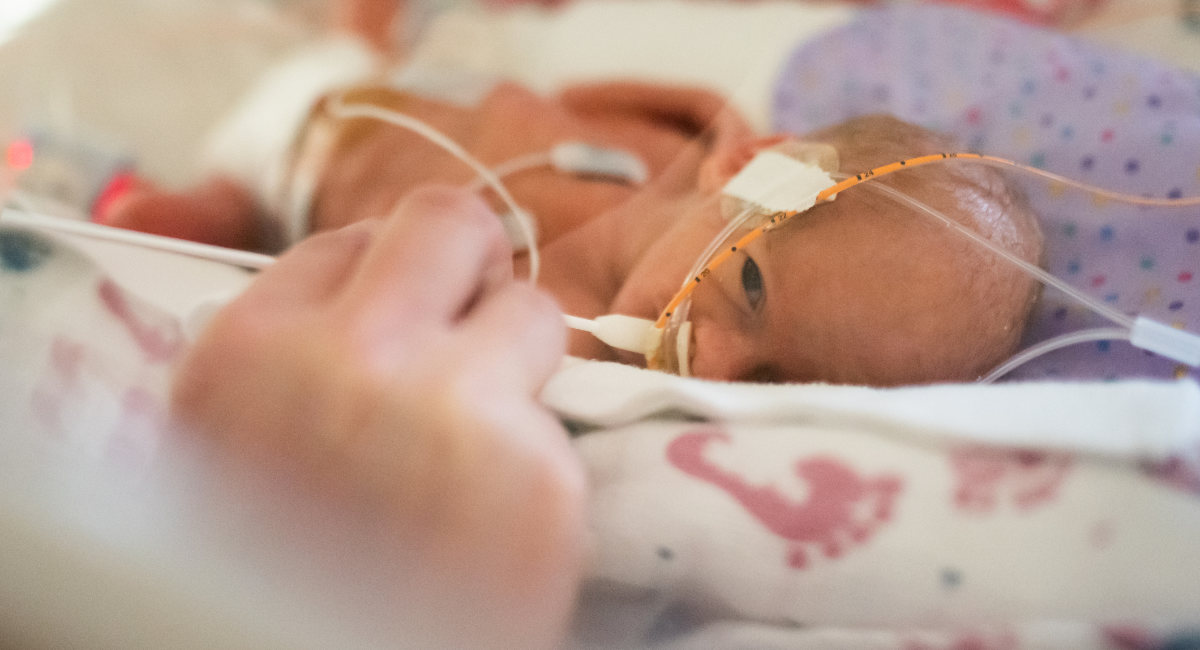On October 8, 2020, one day before Ann Rice’s scheduled 20-week scan, the 36-year-old UK mother’s water broke at 19 weeks. According to Wales Online, while Rice managed to give birth to her son Chester 11 weeks later, the situation seemed rather dire at first.
“I didn’t even know it could happen, I never knew that you could break that early, and you could still continue the pregnancy,” the mother said.
Before she went to the hospital, Rice spoke with out-of-hours doctors who told her that she would likely suffer a miscarriage.
“They said, ‘look there’s nothing we can do – if it was your waters then nature will take its course and you’ll miscarry.’”
Later, at the hospital, a doctor informed her that she had “a 1% chance of the baby surviving the week.” Doctors told Rice that her water broke due to a condition known as Preterm Premature Rupture of Membranes (PPROM), which occurs when the amniotic sac breaks before labor begins. Because of the potential risk of sepsis, the doctors advised Rice to abort. They also told if her baby was born before 24 weeks, they would not intervene to save his life.
After speaking with her husband, however, the pair decided that if there was a chance their baby could live, then they needed to continue the pregnancy.
READ: Premature baby girl thriving after being given 1% chance of survival
“It’s very scary to be put in that position; I know the doctors have to be very straight about the chances, but for us, a one percent chance was still a chance,” Rice said.
Rice was sent home with antibiotics and was monitored weekly before giving birth on December 23, 2020. Even though Chester was born at 30 weeks, he weighed the same as a baby born at 24-25 weeks, and his lungs were underdeveloped.
“He was so critical for so long, because he was so small. The emotional roller coaster of that is unbelievable […] It was one step forward and then 10 steps back, so you think oh he’s doing really well, and then all of a sudden something will happen, another infection, and he was right back on antibiotics and be back in intensive care,” Rice said.
Chester remained in the hospital for 113 days before his parents were finally able to take him home in April of 2021.
“He’s proof that, yes, nine times out of 10 they’re born early and there can be issues like Chester’s lungs which are underdeveloped, but we had that hope that it can happen and not to give up,” Rice said. “If I had listened to doctors and not taken the day to research it and look into it myself, I would assume a lot of people would go for the option of terminating, but there is hope.”
“Like” Live Action News on Facebook for more pro-life news and commentary!







